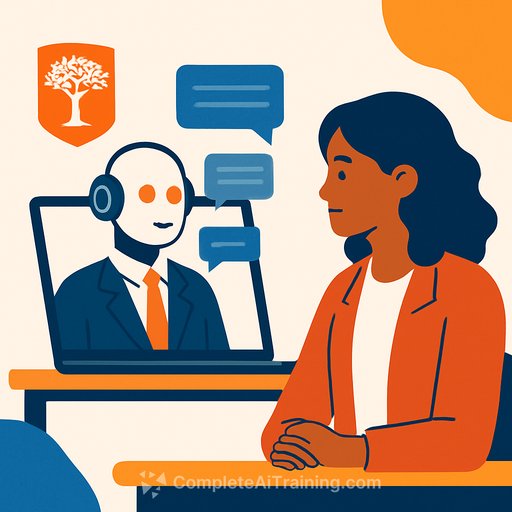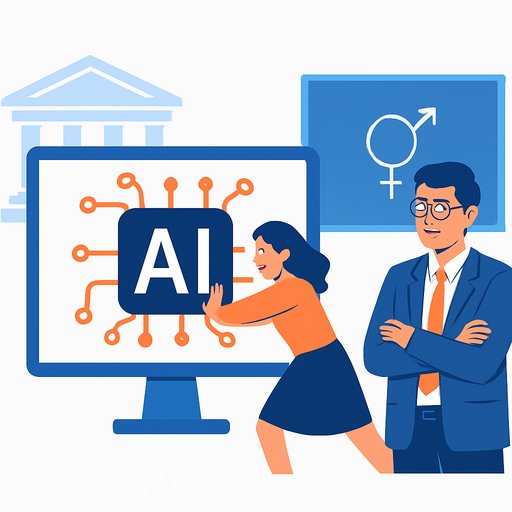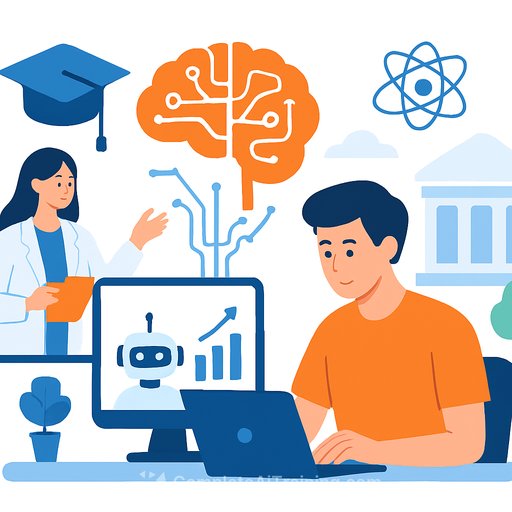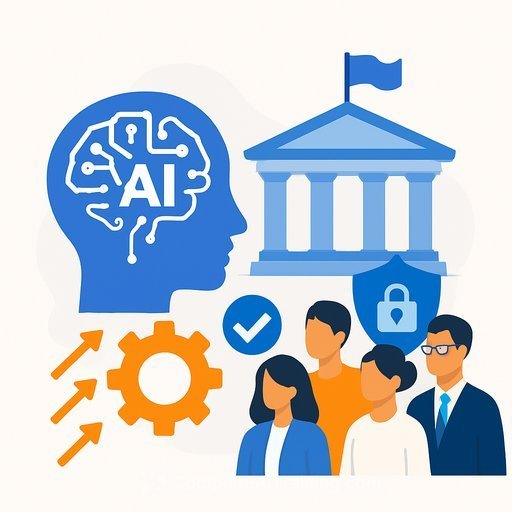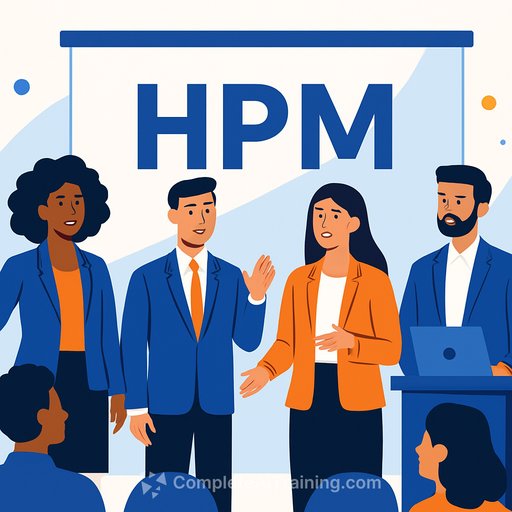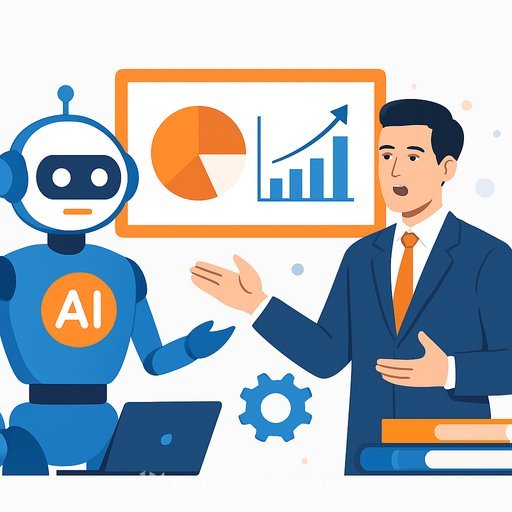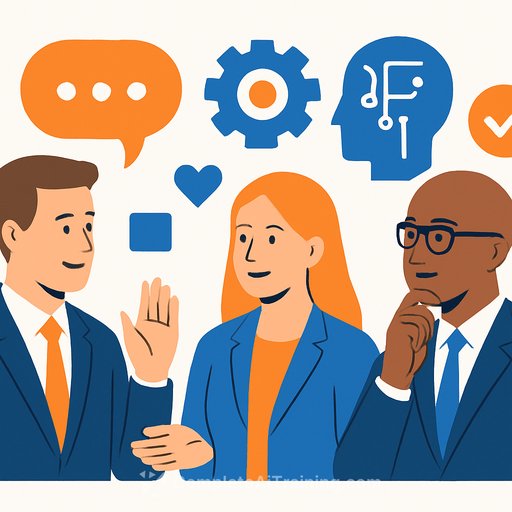GπT: An AI Interview Trainer Helping Students Close Opportunity Gaps
Cal State Fullerton faculty in mathematics and sociology are building an AI-based mock interview bot to give students realistic practice for their first professional interviews. Called GπT: Generative Practice Interview Trainer, the tool offers a content-based, authentic interview experience and aims to improve access for students across backgrounds.
Backed by a $150,000 grant from the California Education Learning Lab, GπT is scheduled to be shared for free next summer across the California State University system and other campuses. This year, nine CSUF faculty members and 90 students from all eight colleges and Pollak Library will pilot two iterations to assess performance, privacy, and ethics.
What Makes GπT Useful
- Students can customize the bot to simulate interviews for specific roles or industries, then get real-time and summary feedback.
- Instructors can load course content - a textbook chapter, slides, or lecture notes - so questions reflect what students actually learn.
- The result: stronger conceptual understanding and clearer, discipline-specific communication.
"We saw an opportunity to leverage an AI tool that provides students with interview practice so they can enter the job market better prepared," said project director Alison Marzocchi, professor of mathematics. "It's simple to use - even for someone new to AI."
Built With Ethics and Access in Mind
The team is stress-testing the bot to ensure students are not treated differently based on perceived gender, native language, or other identity characteristics. "We want to make sure this transformative tool is accessible to everyone and addresses ethics and privacy concerns," Marzocchi said.
Mathematics major Giselle Cortez-Tlaxcuapan is analyzing potential biases in the tool. "The goal is to develop a tool that truly benefits students and minimizes potential downsides," she said.
Who's Involved and What's Coming
Faculty collaborators include Matheus Guerrero, Sunny Le, and Francisco Zepeda from mathematics, and Edward Watson from sociology. The team is producing support materials: a student guidebook for interview participation, a faculty guidebook for class customization, and a personalized AI prompt instructors can adapt to their course needs.
"Coming from an underrepresented community and a first-generation college student, tools like this help level the playing field," Cortez-Tlaxcuapan added. "What's most rewarding is knowing this AI tool could help many students land their dream jobs."
Why It Matters for Education and HR
- Students build confidence and interview fluency before they meet employers.
- Instructors connect course content to job-relevant conversations and capstone work.
- HR teams meet candidates who arrive with clearer communication, stronger examples, and realistic expectations of the interview process.
- Fair access to practice reduces gaps for first-generation and underrepresented students.
Timeline and Access
Pilots run this academic year, followed by free distribution next summer across CSU and other campuses. Learn more about the grantmaker at the California Education Learning Lab.
Practical Tips to Get Ready
- Identify course modules or skills you want students to speak about in interviews.
- Draft a short rubric for clarity, accuracy, and evidence-based answers to guide feedback.
- Brief students on data privacy and provide space to reflect on feedback after each session.
Keep Building Your AI Skills
If you're in education or HR and want structured learning paths, explore curated options by role at Complete AI Training: Courses by Job.
Your membership also unlocks:

